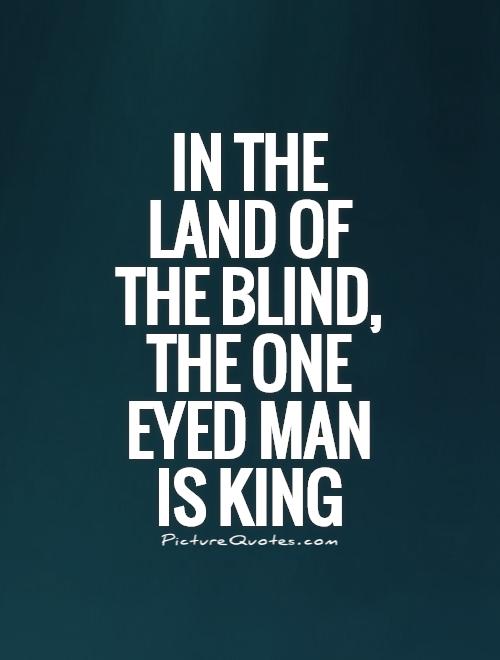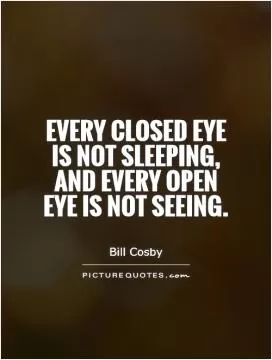In the land of the blind, the one eyed man is king

In the land of the blind, the one eyed man is king
The phrase "In the land of the blind, the one eyed man is king" is a proverb that has been used in various contexts throughout history. It essentially means that in a society where everyone is lacking in some way, the person with even a small advantage will be seen as superior.This proverb can be applied to the works of Desiderius Erasmus, a Dutch Renaissance humanist and theologian who lived in the 15th and 16th centuries. Erasmus was known for his critical views on the Catholic Church and his desire for reform within the institution. He believed that the Church had become corrupt and needed to return to its original teachings.
In the context of Erasmus, the phrase "In the land of the blind, the one eyed man is king" can be interpreted as his belief that he was the one who could see clearly in a society that was spiritually blind. Erasmus saw himself as a voice of reason and enlightenment in a world that was filled with ignorance and superstition.
Erasmus was critical of the Church's practices, such as the selling of indulgences and the excessive wealth and power of the clergy. He believed that the Church had strayed from the teachings of Jesus and needed to be reformed. In his most famous work, "The Praise of Folly," Erasmus satirized the foolishness and hypocrisy of the Church and society at large.
Erasmus's ideas were revolutionary for his time, and he faced backlash from the Church and other authorities for his criticisms. However, his writings had a profound impact on the Protestant Reformation and the development of modern Western thought.












 Friendship Quotes
Friendship Quotes Love Quotes
Love Quotes Life Quotes
Life Quotes Funny Quotes
Funny Quotes Motivational Quotes
Motivational Quotes Inspirational Quotes
Inspirational Quotes